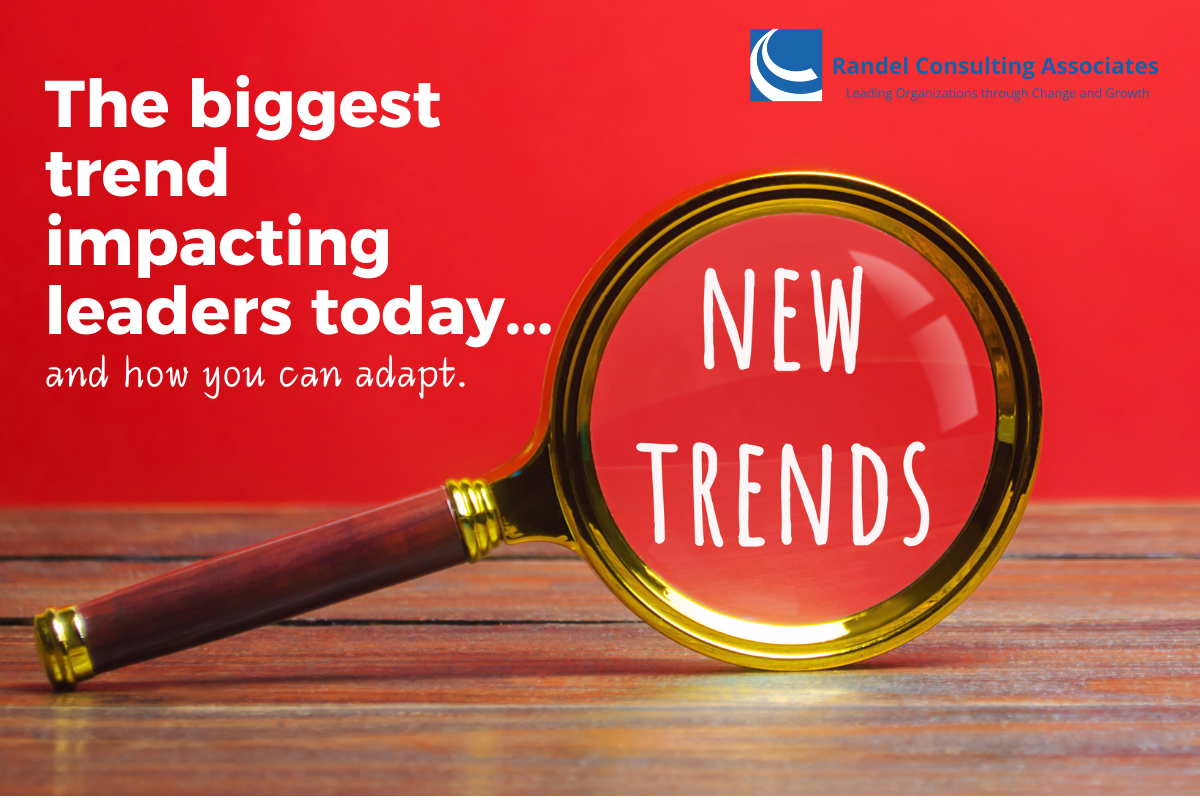
Currently standing at about 25% in the US, the temporary workforce is comprised not only of those from temp agencies, but also specialists and consultants with niche expertise. However, projections indicate a staggering growth of this workforce to 46% by 2030. This shift isn’t a statistical anomaly; it marks a fundamental recalibration of the employment contract, presenting both challenges and opportunities for leaders and organizations.
So, what is causing this big shift?
We can thank the pandemic for it. The widespread adoption of remote work has blurred the lines between traditional office spaces and virtual collaborations. Return-to-office mandates, once considered inevitable, now face resistance from employees navigating hybrid work models. The balance of power has unmistakably tilted in favor of the workforce, as evidenced by employees’ willingness to seek greener pastures if their needs aren’t being met.
Moreover, events, such as the aftermath of George Floyd’s murder in 2020, have thrust diversity, equity, and inclusion (DEI) into the spotlight. But while many companies talk the talk, not all of them walk the walk. In this climate, a growing number of employees seek workplaces that not only preach but actively practice inclusivity and belonging.
Then there is the digital side of things. Armed with an array of productivity tools and software as a service, employees can now choose to work from virtually anywhere (with the emphasis on ‘virtual’). The days of tethering employees to their desks are long gone, replaced by a new era of remote work and location independence.
Amidst these seismic shifts, one adage rings truer than ever: “People don’t leave companies; they leave bad bosses.”
However, let us consider a paradigm shift: in the future, people won’t join companies; they’ll join bosses and teams that foster their growth and enable their best work.
So, what sets effective leaders apart in this evolving landscape?
It’s their ability to cultivate psychologically safe workplaces that prioritize inclusion and belonging. They understand that meaningful work isn’t just about ticking boxes, it’s about fulfilling personal and professional aspirations. They strike a delicate balance between remote work and in-person collaboration, harnessing the power of technology while preserving the human connection.
Get in touch with me today to learn how I can support you in making this a reality in your organization.
Until next time,

